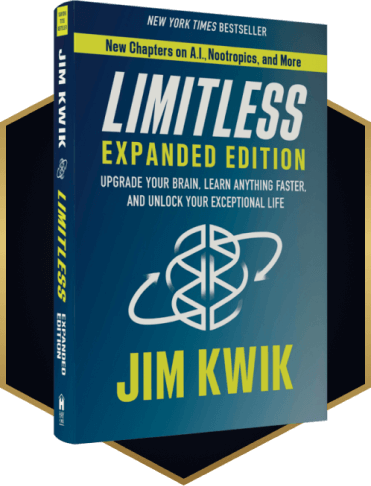What impact does your blood sugar level have on your brain power?
Every cell in your body needs energy to run. And one of the main ways you provide this energy is through glucose. But while eating foods high in starch and sugar will give you a glucose spike, that doesn’t actually give your body or brain the energy it needs to be consistent.
I’m excited to have Jessie Inchauspé on our show today. Jessie is biochemist who shares her insights and knowledge of the effect glucose has on the body and brain. She’s here to talk about the strategies from her latest book, The Glucose Goddess Method: The 4-Week Guide to Cutting Cravings, Getting Your Energy Back, and Feeling Amazing.
Giving your body energy isn’t simply a matter of eating more glucose. In fact, eating too much can lead to a wide range of problems including inflammation, diabetes, and more. Listen in as Jessie shares four simple food principles you can introduce into your diet today to help balance your glucose, improve cognitive performance, and live a better life.
Link to Limitless Expanded
Link to Kwik Success Program
Link to Kwik Programs (Use code: PODCAST15)
Link to Show Notes
Link to Kwik Brain C.O.D.E. Quiz
If you’re inspired, I want to invite you to join me in my brand NEW 10-day course, specifically designed to boost your productivity. I know it sounds too good to be true, but I give you step-by-step guides using the accelerated learning model to help you get more done and achieve your goals.
See Privacy Policy at https://art19.com/privacy and California Privacy Notice at https://art19.com/privacy#do-not-sell-my-info.







